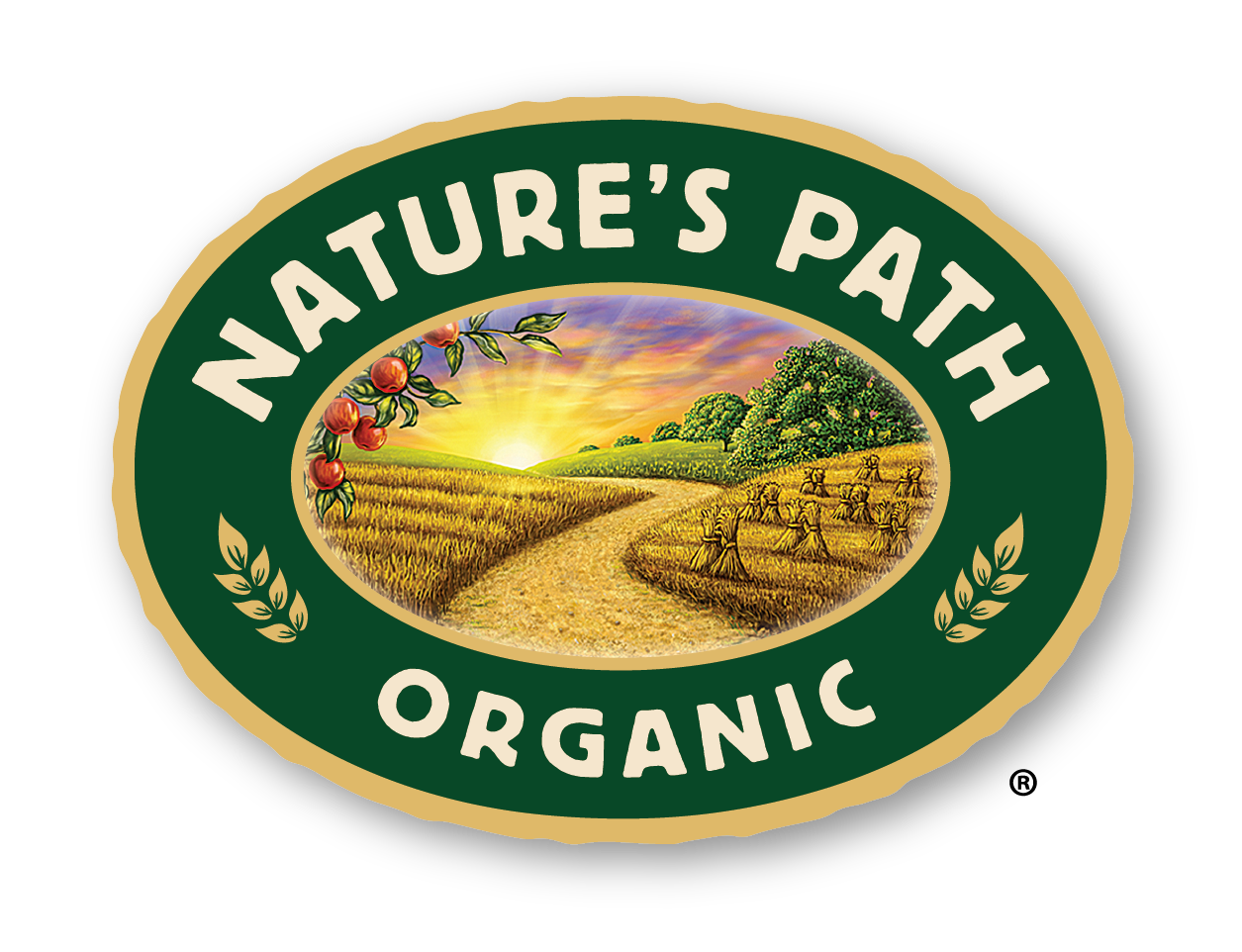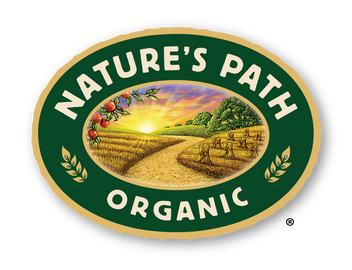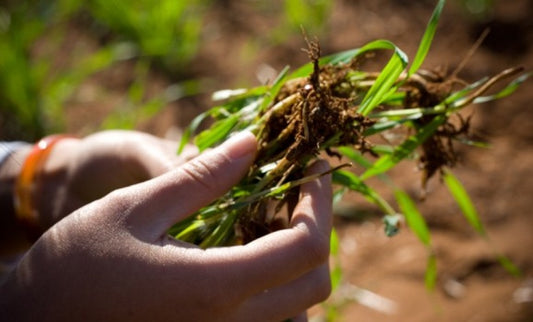1. Give up the animal products you don’t even like.
Some people incorporate chicken into lots of meals without even really liking chicken. It has merely become a habit and their go-to protein choice. If there is something poking around in your diet that you are eating without enjoyment, chuck it. Replacing the “meh” foods will allow more room for yummy plants.2. Buy the vegetables and fruits you love.
Sometimes we buy sale produce, only to have it wilt in our refrigerators. Buy smaller amounts of produce you love and showcase it beautifully. Ripening mangos in a glass vase or freeing sweet potatoes from their paper bags will remind you that eating your favourite foods can be a delicious option. You will be more likely to reach for plants when eating them doesn’t feel like work.3. Plan a vacation.
A study in the Journal of Hunger & Environmental Nutrition found that people who adopt a vegetarian diet save an average of $750 each year on groceries compared to their meat-eating friends. That certainly isn’t chump change.4. Increase what you are already doing.
If all your meals have meat, try one meatless meal a week. If you already do Meatless Monday, try Meatless Monday and Meatless Thursday. Start where you are.5. Get some (unprocessed) meat alternatives.
Try a homemade veggie burger recipe (and make lots of leftovers to freeze for easy weeknight meals). Instead of steak on the BBQ, marinate portabella mushrooms. Become good friends with tempeh in your next stir-fry.6. Change the amount you use.
If you have eggs in the morning, have one less and spread avocado on your toast for satiety. If you have dairy, decrease the amount you pour in your coffee. If you are eating meat, make the portion smaller and bulk up the rest of your plate with legumes, grains and vegetables.7. Read up on alternatives.
Get some great cookbooks out from the library on vegan or vegetarian cooking. Try a meatless version of a recipe that may have been a staple in your life, like Shepherd’s Pie. Write notes down for great substitutions. This may increase your cooking repertoire, no matter how plant-based you end up becoming.8. Bake it vegan.
This can be the simplest way to try some plant-based foods without sacrificing any of the flavour (we promise!). Coconut oil makes for a great butter or lard, even in piecrust. Cookies can be held together with flax eggs and non-dairy milk. Of course, dessert should always be in moderation, but it can be a great playing ground to see how little you have to miss within the parameters of a plant-based diet.9. Eat out as a vegetarian.
The next time you get takeout or have the chance to go to a sit-down restaurant, pretend that you are plant-based and view the menu from this angle. Not only will this introduce you to a fine variety of new flavours, but it also couldn’t be easier in this vegetarian-friendly day and age.10. Get informed.
You will be much more likely to commit to a new lifestyle if it makes sense to you. Talk to farmers at your local market about their produce. Read vegetarian and vegan blogs (like Oh She Glows or The Kind Life), or books like Eating Animals by Jonathan Safran Foer. Learn about plant-based nutrient sources. Write out the Michael Pollan motto, “Eat food. Not too much. Mostly plants.” A plant-based diet may transform into a logical lifestyle rather than a deprivation model. Go, plant power!Would you like to be the first to hear about our new products and more? Sign up for our Nature’s Path Newsletter.








